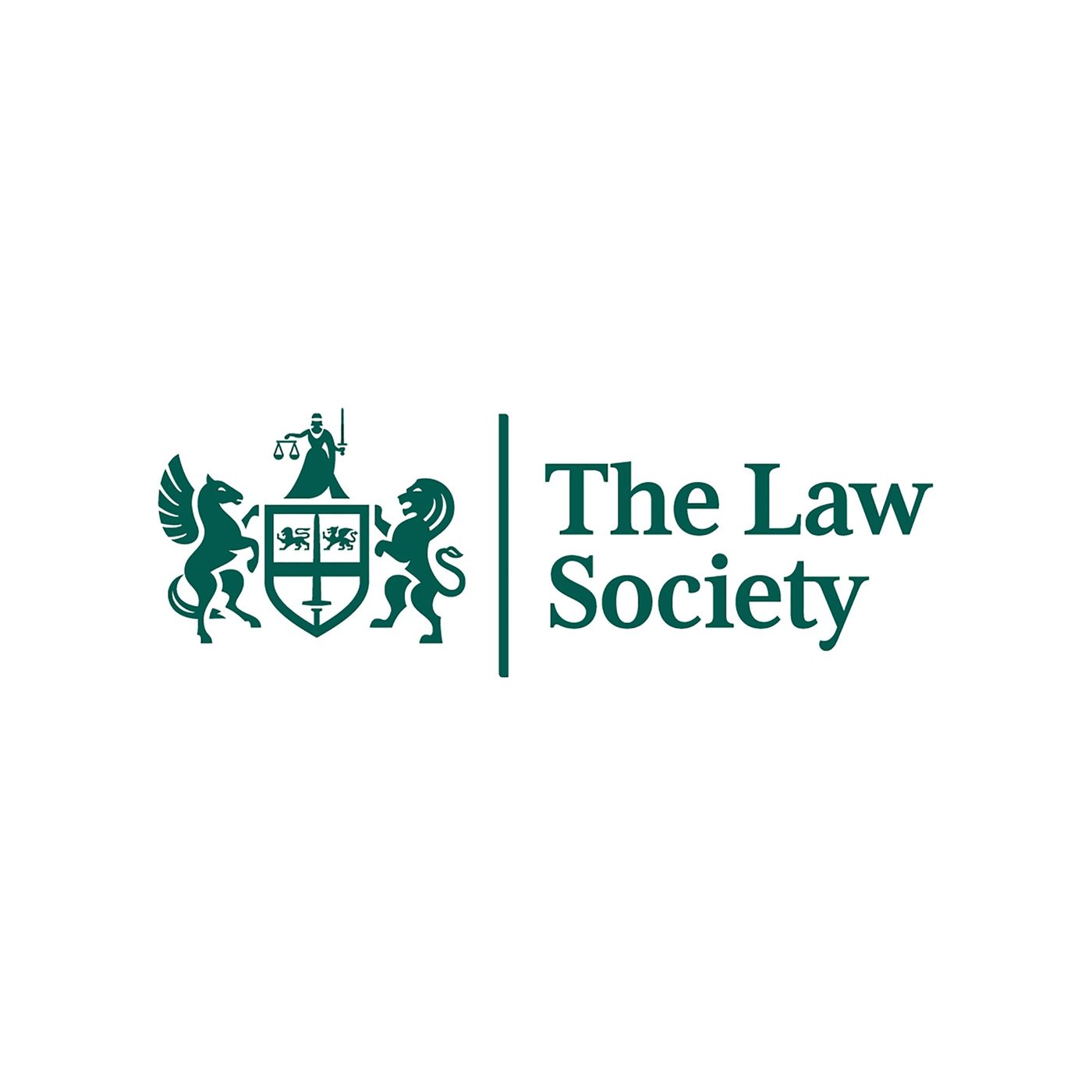Discover Human rights
Human rights

11 Episodes
Reverse
Olivier Roth speaks to Justine Currell, CEO of Unseen, about the work her charity does with victims of modern slavery and the steps that individuals – including solicitors – should take if they suspect they have encountered a victim of modern slavery.
Olivier Roth speaks to Big Brother Watch’s Griff Ferris about facial recognition technology, which is now a reality in the UK – despite the lack of any legal basis or parliamentary scrutiny, and despite the significant concerns raised by rights and race equality groups.
Olivier Roth speaks to Privacy International’s Millie Graham Wood about phone data extraction. The use of ‘mobile phone extraction’ tools enables police forces to download all of the content and data from people’s phones. This can apply to suspects, witnesses and even victims - without their knowledge. With no clear policies or guidance on the use of this technology, individuals are unaware of their legal rights, or of how the data is used, stored, or secured.
John Wadham discusses his career as a leading human rights solicitor, the challenges he encountered as a director of Liberty, his role as chair at the National Preventive Mechanism, and what he views to be the biggest human rights issues facing the UK currently.
Hilary Meredith, CEO and founder of Hilary Meredith Solicitors Ltd., discusses the Ministry of Defence’s Better Combat Compensation consultation and what this would mean for injured members of the armed forces and their families.
Glyn Maddocks, founder of the Centre for Criminal Appeals, tells us about his work in trying to overturn the convictions of Tony Stocks and Paul Blackburn, and the failures of the criminal justice system in overturning wrongful convictions. Glyn was instrumental in setting up the Centre for Criminal Appeals, and has devoted more than 20 years of his career to freeing victims of miscarriages of justice from jail and clearing their names.
Nick Howard, advisor to the Welsh Government on human rights and devolution, explains the evolutionary nature of the devolution settlement and its relationship with human rights. He also touches upon the importance of the Human Rights Act, and what it means for the Sewel Convention.
Tony Fisher discusses the principles underpinning business and human rights, the United Nations Guiding Principles, and what this means for those who want to combat modern slavery.
Human rights solicitor Alastair Logan explains how he came to defend the Guildford Four, his early career in family law, and his involvement in the case of the Maguire seven. Alastair also discusses his work on Tasers, and his campaign against he closure of the Forensic Science Service.
Pr Laurent Pech and Pr Joelle Grogan from the University of Middlesex discuss the future ramifications of the Repeal Bill, whether limits should be imposed on the Government’s use of the Henry VIII clauses, and what this all means for the border in Northern Ireland. They also touch upon the future jurisdiction of the CJEU, the Customs Union, the Single Market, and the transfer of EU law into the British statue book.
Angela Jackman, human rights solicitor and senior lecturer at City University, tells us about her work as a leading human rights solicitor. Angela has worked on landmark cases in the field of education (the 'Cornrow' case), health (A and B v Secretary of State ), and in the Court of Protection.





